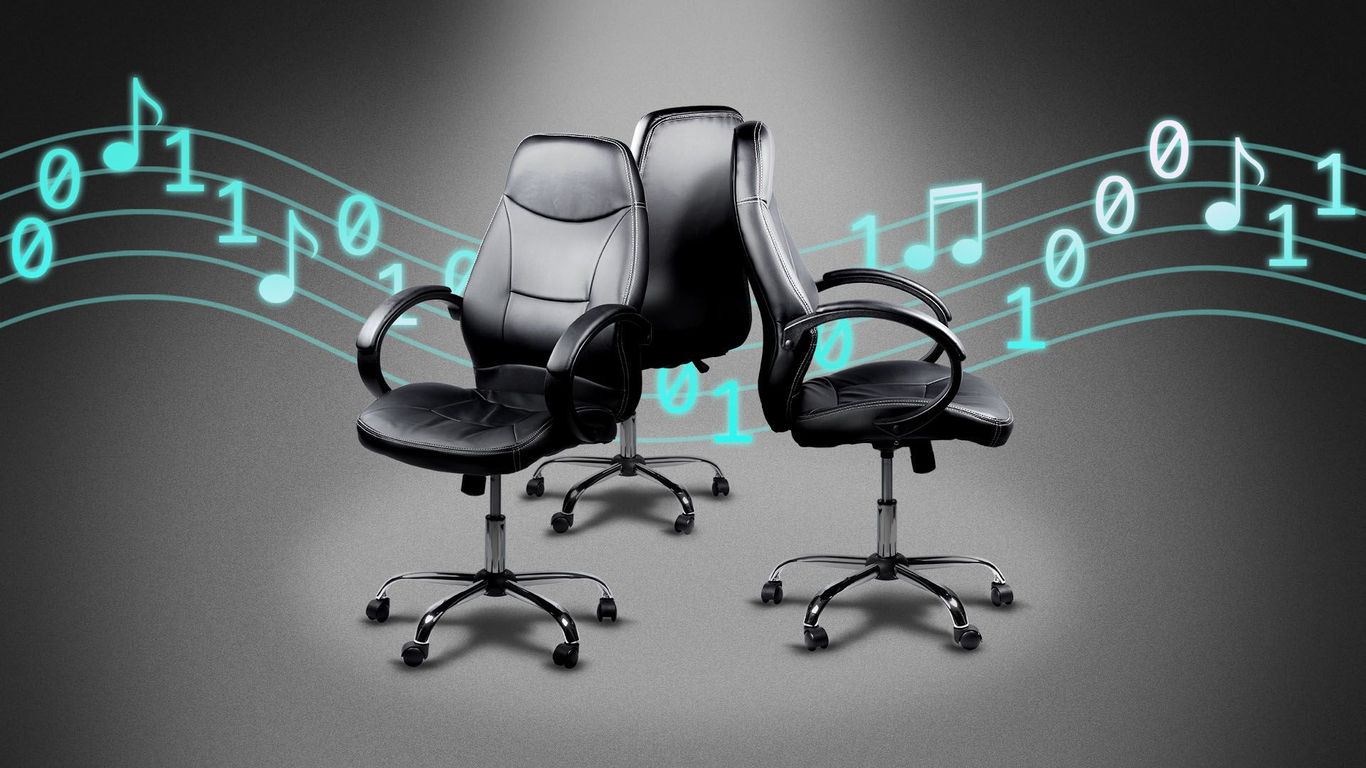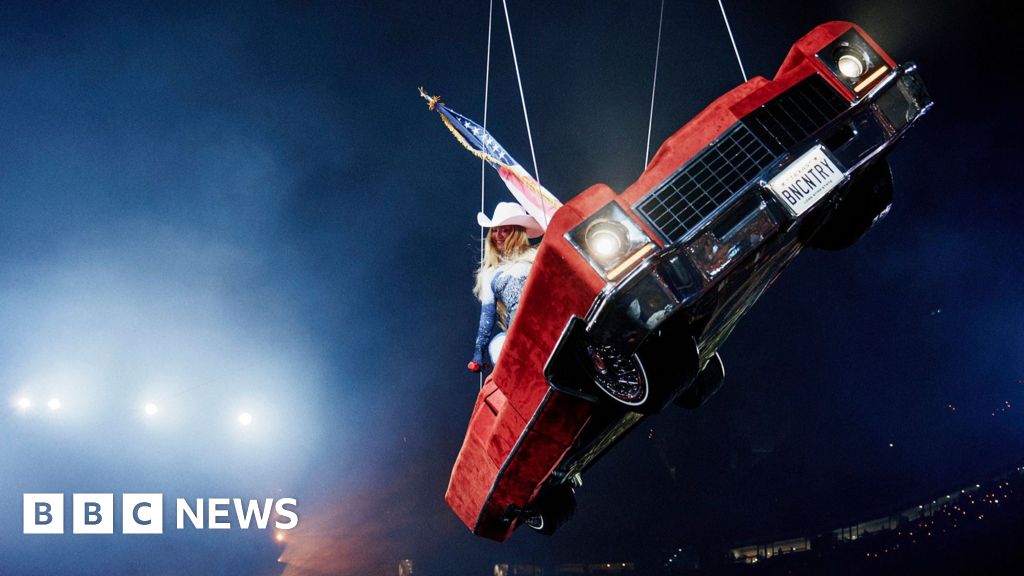NEW YORK, July 1 (Reuters Breakingviews) - Even a former right-hand man to Apple
(AAPL.O), opens new tabfounder Steve Jobs concedes that the iPhone could be obsolete in a decade. Eddy Cue, who now runs the company’s services division, said as much earlier this year during his testimony at the U.S. antitrust trial against Google in making a point about how technological change creates new markets while destroying old ones. The ways in which powerful incumbents respond to changes like those he describes has come to be known as the “innovator’s dilemma,” and they’re a big problem for his boss, Tim Cook.
Last year’s annual gathering of developers for the iOS mobile system signaled a wave of “Apple Intelligence” improvements. Although the $3 trillion company has long used machine learning here and there, it promised to accelerate efforts. The focus was on technological plumbing, for example to help users find photos and automate writing. Siri, the 15-year-old voice-activated digital assistant, represents the real opportunity, though. The idea was to have it better understand natural language and user intent, and to take action within apps by the end of 2024.
Sign up here.
Some tools have
reached the market, opens new tab, albeit with mixed results. ChatGPT is available on Apple devices and editing pictures is easier, but Apple paused its AI-powered news alerts and summaries because they were inaccurate. Worse, Siri enhancements haven’t arrived, and the company won’t say when they will. It reflects a broader lack of urgency. Apple’s capital expenditures hardly budged after ChatGPT’s 2022 release, while Microsoft
(MSFT.O), opens new taband others doubled their investments.
Cook’s priority, it would seem, is returning cash to shareholders. Dividends and stock buybacks are projected at $115 billion for its fiscal year through September 25, 11 times more than what Apple will deploy on fixed assets, according to estimates collected by LSEG.
Apple may yet come around and leverage its innate powers to compete in AI. It counts about 1.4 billion active iPhone users, customers who tend to stick with them. If the company could manage to even just match the competition in AI, it would go a long way in keeping them around longer.
The bigger edge is in data users provide. Well-designed AI would enable iPhones to spot patterns and handle grunt work. Apple’s reputation for prioritizing privacy, and its assurances of safeguarding data by performing as many AI tasks as possible on the devices themselves instead of remotely, also would be a big selling point for anyone worried about surveillance and for developers seeking to minimize cloud computing expenses.
These advantages are real, at least based on what competitors are doing. Sam Altman’s OpenAI is spending $6.5 billion just to buy iPhone designer Jony Ive’s startup. The ChatGPT maker wants to create a device that will serve as an artificial intelligence chokepoint for consumers, accessing zettabytes of user data in the process and making its services the default option.
The reasons for Cook’s exceedingly patient approach are telling. Craig Federighi, the executive in charge of the company’s software engineering, told the Wall Street Journal a few weeks ago that the intended Siri improvements
weren’t delivered, opens new tabbecause they didn’t live up to Apple’s high standards. He added that there was no reason to rush out the wrong features or products because the AI transition will take decades.
It's a message wholly consistent with Apple’s ethos. The company’s success, and user devotion, exists largely because its gadgets are intuitive, beautifully designed, and fastidiously unite software and hardware. Rolling out a janky voice assistant or teaming up with an AI developer that spews out garbage theoretically would erode far more of its dear brand value than taking extra time to get things right.
The reality may be less clear, based on Clayton Christensen’s influential concept. In his 1997 book, “The Innovator’s Dilemma: When New Technologies Cause Great Firms to Fail,” the Harvard professor outlined how dominant incumbents lose to newcomers in breakthrough markets despite having a litany of advantages, such as greater financial firepower, customer relationships and established R&D practices. Startups can afford to release an imperfect product that’s good enough to entice customers. Moreover, new technology tends to improve quickly with each iteration.
By the time, the longer-established company competes in earnest, its challenger has created snowballing advantages. It’s also easier to attract ambitious engineers and salespeople eager to invent the next big thing. As Jobs said, “It’s better to be a pirate than join the navy.”
There’s a chance, too, that AI is overhyped and excess money is chasing a market with too little profit. Simply expanding systems by feeding them more computing, data and power no longer easily leads to vast improvements. Other methods, such as giving computers time to ponder their answers may face fundamental limits in dealing with complex problems. That said, even if machine intelligence is merely a tool, and won’t exceed human capabilities, it will be useful.
AI probably can be expected to increase productivity and foster new forms of work and entertainment. Those are bigger stakes than Apple’s unsuccessful efforts at upgrading television or cars. It’s also far too early to count the company out. After all, it wasn’t the first to develop a PC, smartphone or headphones either. Even if the iPhone gives way to, say, glasses or pins, Apple could ultimately design them better.
For now, Apple revolves around its renowned handset, which generated more than half its top line in the first half of the latest fiscal year. Services accounted for almost another quarter, most of it squeezed from iPhone apps, advertising and licensing fees. Throw in AirPods and other accessories, and an iPhone extinction by 2035 could wipe out more than 80% of the company’s revenue.
Apple shares trade at 26 times estimated earnings over the next 12 months, a multiple 20% higher than its 10-year average, a premium to Alphabet
(GOOGL.O), opens new taband only a small discount to both Microsoft and Amazon.com
(AMZN.O), opens new tab. It suggests that investors retain confidence that Cook will find a way to capitalize on AI and unravel the innovator’s dilemma.
Previous technological shifts suggest a less promising outcome awaits. Being slow to adapt can be more than just a squandered opportunity. IBM
(IBM.N), opens new tab, for one, lost the PC revolution and missed the mobile one, but keeps peddling mainframes, software and advice. In 1980, it was on top of the world as the most valuable publicly traded company. Big Blue’s market capitalization is also far larger today, at $275 billion, but less than a tenth the size of Apple.
For more insights like these, click here, opens new tab to try Breakingviews for free.
Editing by Jeffrey Goldfarb; Production by Pranav Kiran
Breakingviews
Reuters Breakingviews is the world's leading source of agenda-setting financial insight. As the Reuters brand for financial commentary, we dissect the big business and economic stories as they break around the world every day. A global team of about 30 correspondents in New York, London, Hong Kong and other major cities provides expert analysis in real time.
Sign up for a free trial of our full service at https://www.breakingviews.com/trial and follow us on Twitter @Breakingviews and at www.breakingviews.com. All opinions expressed are those of the authors.
Robert Cyran, U.S. tech columnist, joined Breakingviews in London in 2003 and moved four years later to New York, where he continues to cover global technology, pharmaceuticals and special situations. Robert began his career at Forbes magazine, where he assisted in the startup of the international version of the magazine. Before working at Breakingviews he worked as a market researcher and reporter covering the pharmaceutical industry. Robert has a Masters degree in economics from Birmingham University and an undergraduate degree from George Washington University.







 English (US) ·
English (US) ·